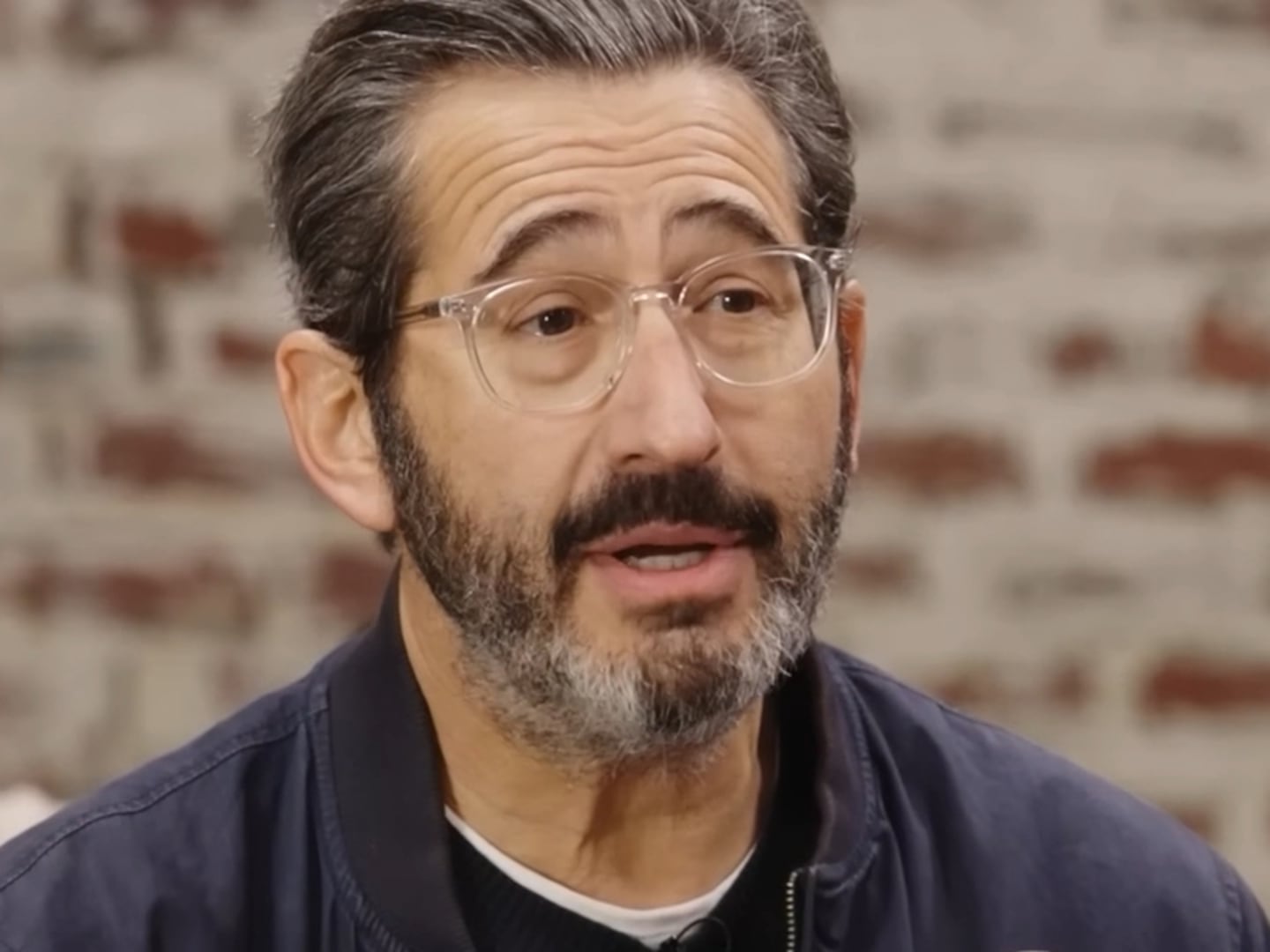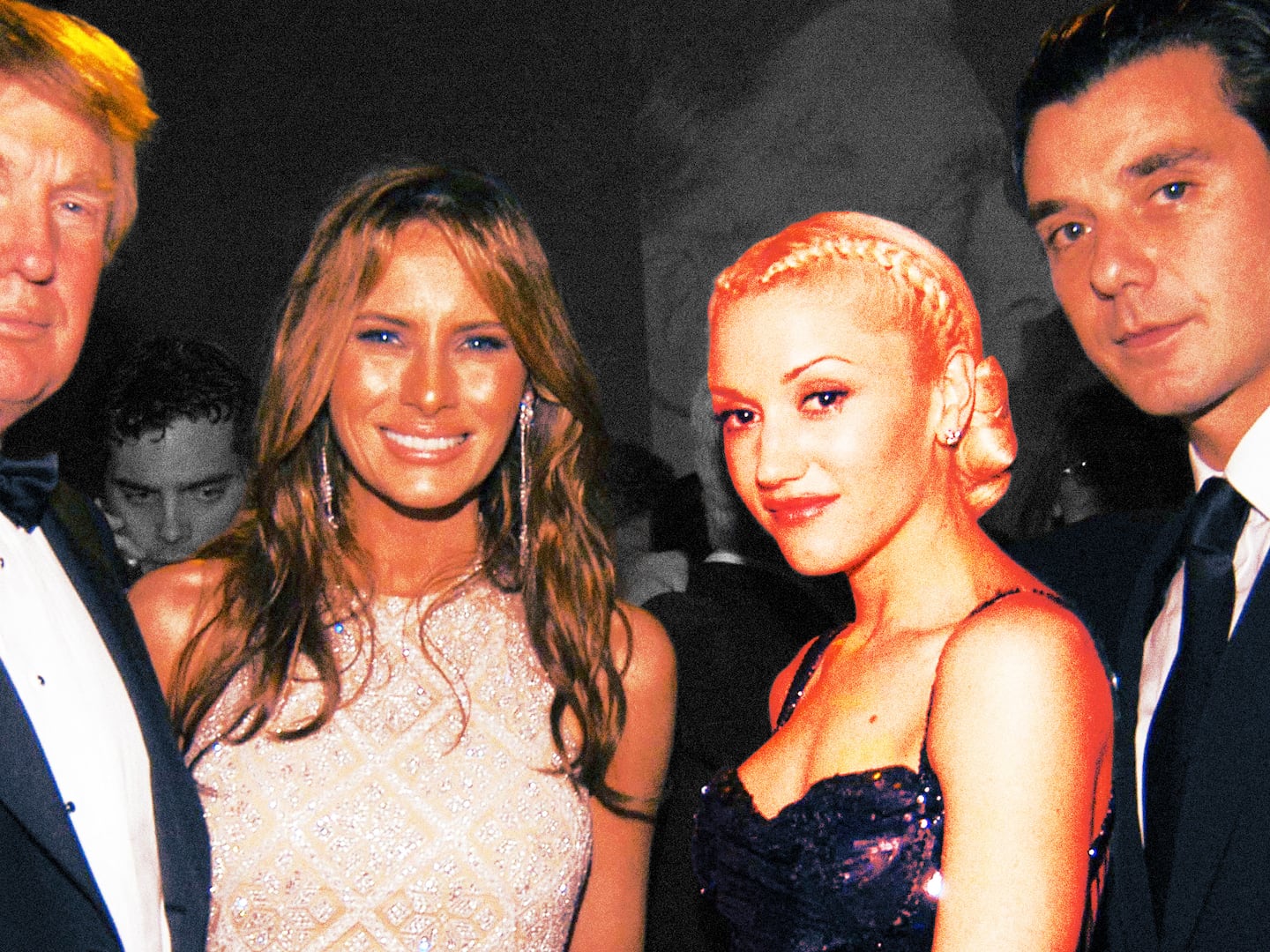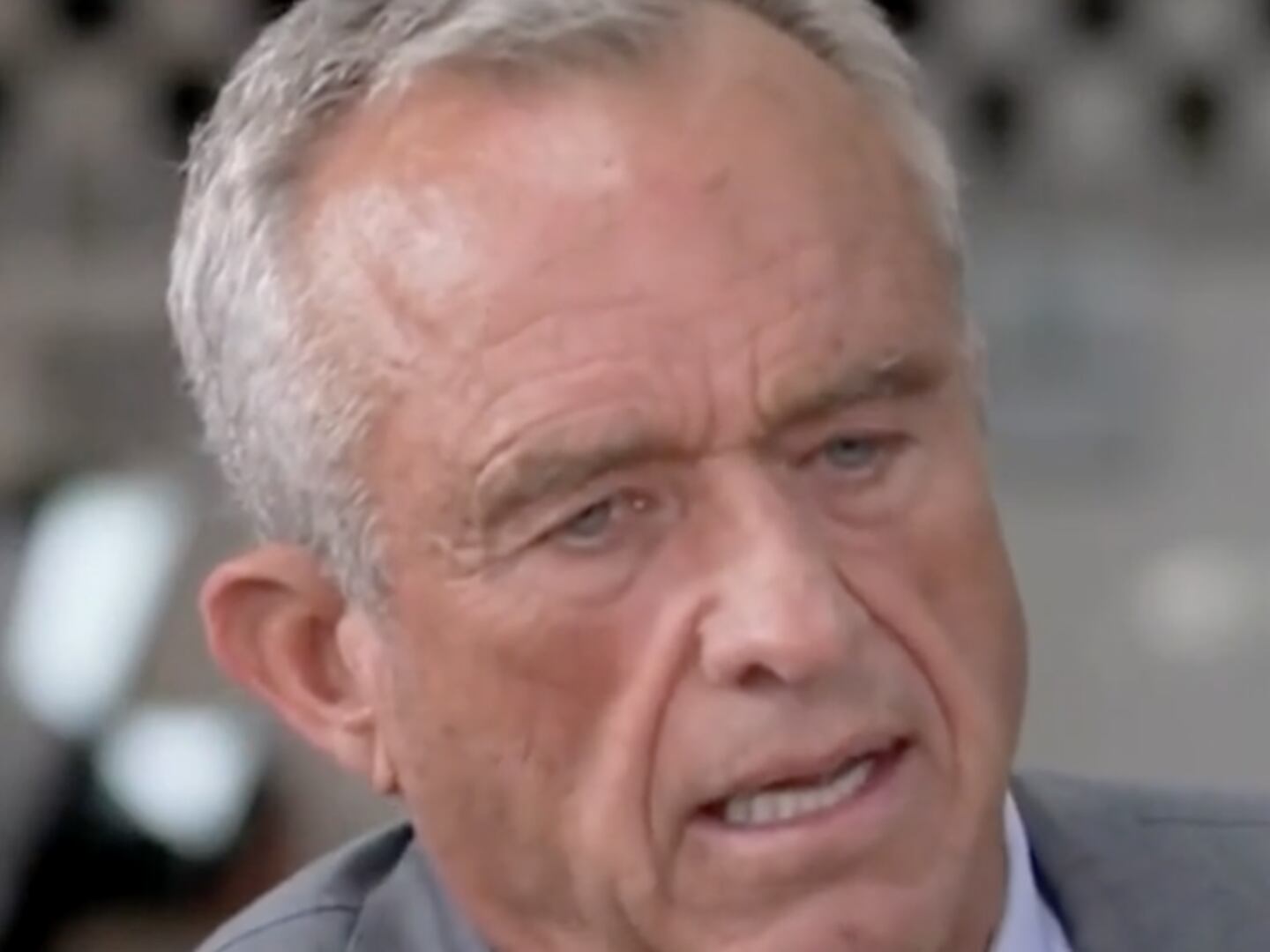Entertainment
Photo Illustration by Luis G. Rendon/The Daily Best/Getty/Handout
Actress Ashley Grace: Fashion Photographer Raped Me During Shoot
‘I SEE YOU’
Seth Sabal was previously accused by three anonymous models. Now the wife of Topher Grace is going public with her own allegations.
exclusive

Trending Now




